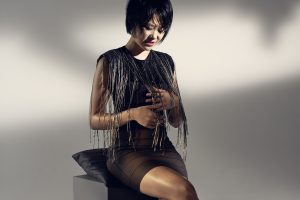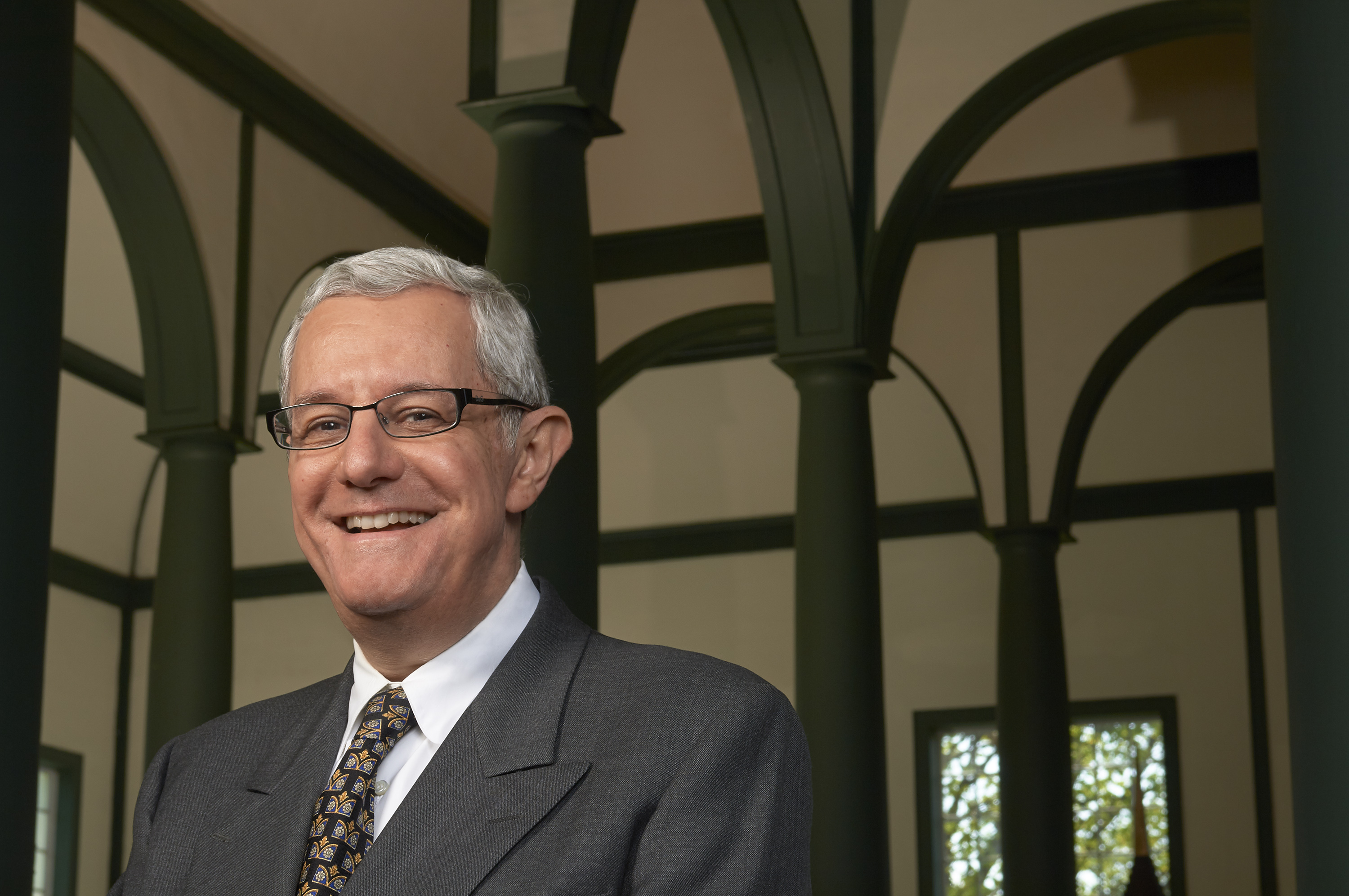by Stephen Cera

TORONTO – Chinese pianist Yuja Wang is a true phenomenon. Her Sunday afternoon (May 13) recital in Koerner Hall was my first “live” encounter with the 31-year-old artist who is setting the music world on fire. More than anyone else, she reminds me of the great Martha Argerich, who still dazzles at the keyboard as she approaches the age of 77 next month.
Yuja Wang’s program, focusing on what used to be called “Horowitz territory,” was a tipoff that this was to be no ordinary recital, but the product of an artist who favors bold concepts, and one who can “deliver the goods” musically in a big way.
Following a choice group of Rachmaninoff Preludes and Etudes-Tableaux, the pianist tackled Scriabin’s last Piano Sonata, the elusive and forward-looking Tenth. Wang seemed entirely comfortable with its complex musical language: the chains of trills and clusters of tremolos, free dissonances and vaporous harmonies.
Then she closed the first half with three Etudes by Hungarian composer György Ligeti (1923 – 2006,) which she played from the score as embedded in an iPad. The subtitles of the Etudes said it all after the Scriabin: “Blocked Keys,” “Dizziness” and “Disorder.” Yuja Wang made these pieces sound as a pendant to late Scriabin, a next step in terms of evolution in styles of piano-writing.
After intermission came Prokofiev’s masterpiece for solo piano, his Eighth Sonata (premiered by Emil Gilels.) She played the profound work both brilliantly and lyrically, her interpretation sure to become even more concentrated and affecting in time.
As if all this great music weren’t enough (and it wasn’t … the audience went wild at the end of the Prokofiev,) she continued with a sequence of five encores.
Yuja Wang leaves her audience wanting more, and then more still, and expresses her appreciation for its ovations in the most sincere and easygoing way. It almost seems irrelevant whether her mini-dress is too skimpy, her heels too stratospheric.
Yet again in Koerner Hall, the printed program didn’t accurately reflect the music being heard. So to correct the record: this recital opened with the famous G-minor Prelude, Opus 23, No. 5, not the Prelude in D, Opus 23, No. 4, which Yuja Wang did not play but which was listed as opening her program. I point this out not to be curmudgeonly, but because it matters: the paying public should know exactly what it is hearing.
In this famous prelude and everything else, Yuja Wang exhibited an elemental sense of rhythm, the hallmark of true musicians. Its tread is irresistible, and upon that tread she conjures a deeply personal sound world, orchestral in scope — even on an instrument as recalcitrant (and in such imperfect tuning) as this concert grand.
Her conceptions of the various pieces captured the individual voices of each as they expressed the singular voice of Yuja Wang. There was a sweep and a scope to her renditions that revealed how she “paints” on a quasi-symphonic canvas, with ravishing sustained soft-playing and myriad colors.
So what we heard was deeply personal Rachmaninoff, with great care taken to clarify each individual strand of texture… particularly after the pianist had adjusted both to the acoustic and to the dodgy instrument in front of her.
Yuja Wang is a pianist for the 21st Century. She enlivens our concert life, and attracts new audiences through her vibrancy and uniqueness.
PS — Too many seats in Koerner Hall squeak. Someone needs to take time and apply oil to them. In such an ultra-responsive acoustic, a single squeaky chair can mar a magical moment in a performance.



1 Comments
May 14, 2018 at 10:30 PM /
This well written account of Yuja Wang’s Toronto recital this past Sunday makes me regret not buying a ticket for what will probably end up being the piano recital of the year !